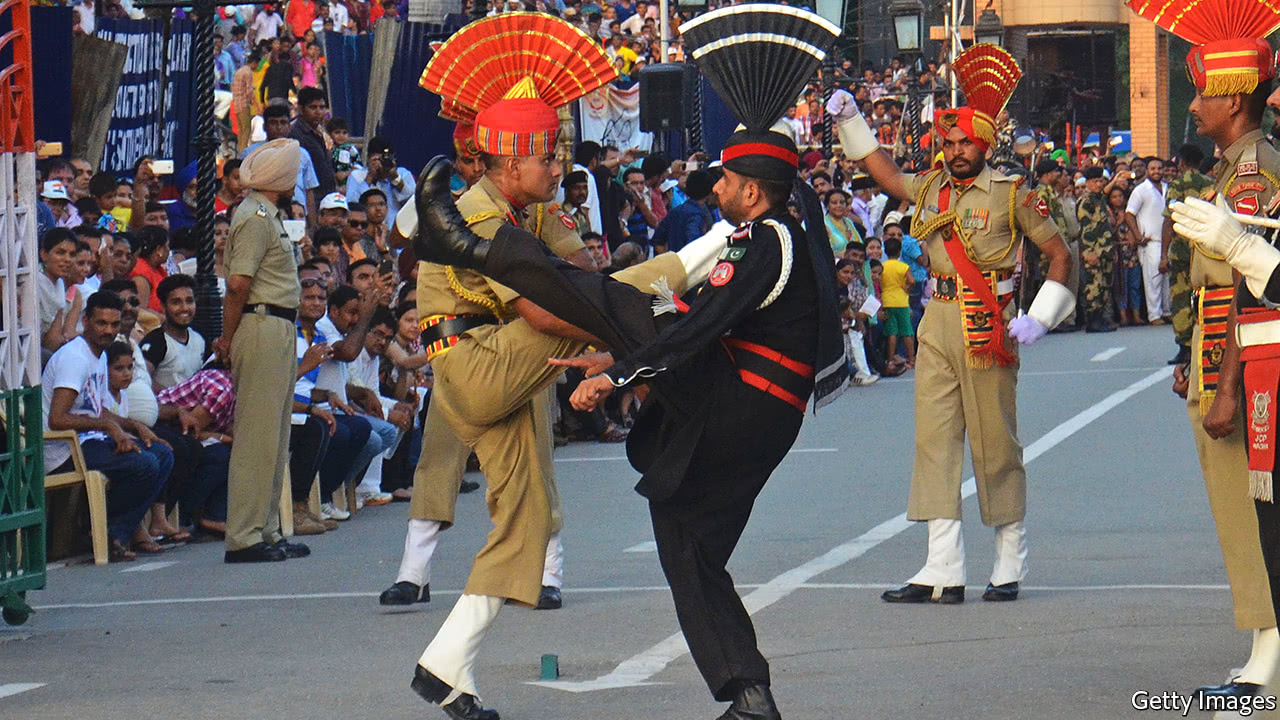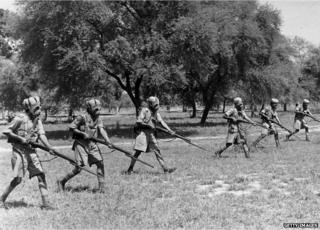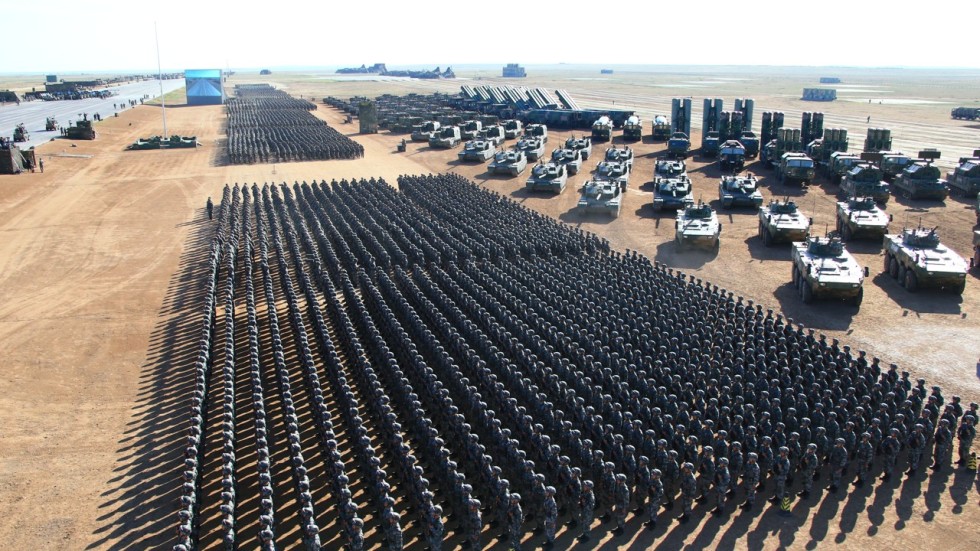By Anthony Cordesman
Driving most ISIS forces out of Mosul is an important victory at the tactical level. The fight in Mosul is still a work in progress, but Iraq is close enough to driving ISIS fully out of the city to show Iraqi forces have steadily improved over time, and the combination of Iraqi forces, U.S. airpower, and a carefully tailored U.S. train and assist mission has had important successes.
It is scarcely surprising, therefore, that there is a rush to declare the "lessons" the U.S. should learn from the initial phases of this Iraqi victory in Mosul, and to treat that battle as the culmination of a new and more successful approach to fighting extremism and asymmetric wars. If there is any lesson of war that the United States should learn from the more than a decade and a half of previous fighting, however, it is not to declare "mission accomplished" on the basis of even the greatest tactical victory.
The United States has fought a long and frustrating series of wars and battles since U.S. special forces first entered Afghanistan in October 2001. Again and again, seemingly lasting victories have not turned into strategic successes, and have been followed by new rounds of fighting and strategic frustration. And, only lasting strategic results really count.
We must not let the success of the moment blind us to the fact that this is still a limited tactical success that only came as the result of overcoming a long series of unnecessary mistakes. When Mosul is judged by the fact it is not even a complete tactical success—and may not be fully secured for weeks or months—and from the perspective of a decade and a half of previous mistakes, the lessons to date are very different from those that come from only looking at the recent course of a single battle:



















/arc-anglerfish-arc2-prod-mco.s3.amazonaws.com/public/LOJVWU2IQVBDXHG3QJFMPWTVL4.jpg)
